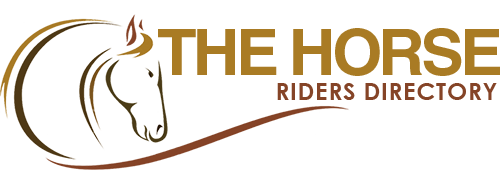Equine feed is big business, and making sure your horse is in tip top condition is something of an obsession for most owners. Horses are creatures of habit, and as they naturally spend a
vast amount of time grazing and chewing fibre, they have a natural, psychological need to spend
a large proportion of their time chewing. Cereal feed is much faster to chew than hay or grass.
This means that good quality feed must be paired with a good amount of roughage to prevent behavioural issues such as weaving or biting and of course keep the horse out of distress. The need to spend some 75% of their time chewing also means roughage is essential to avoid colic which could strike on a cereal only diet.
Chewing also acts to stimulate saliva, which is an important part of the horse’s digestive process
and helps to avoid choke, so the majority of most horses calories need to come from fibre rather
than grain. The saliva also helps to neutralize stomach acid and avoid possible gastric ulcers.
Naturally moving slowly and grazing all day doesn’t use a huge number of calories, and grazing on hay or pasture keeps roughage moving through the digestive tract at a steady rate. This digestion also produces heat, allowing the horse to properly regulate their body temperature.
Every horse has different requirements, depending on his size, what sort of work he does and how he is kept. You also need to think about how much grazing time he has, and the quality of
the forage, grass or hay you are feeding. If your horse spends the majority of his time turned out
on good, lush pasture, then the amount of hay required will be less, whereas a horse spending a
lot of time in stables will need very much more.
A horse who changes activity levels will also need feed adjusting; be sure to do this gradually as changes in feed routine can lead very quickly to digestive issues, such as colic. This means it is a
good idea to make sure you buy regularly and in quantity, as suddenly running out of feed means rapid change in diet.
Grass provides dietary fluids, whereas hay and cereal are very dry, so make sure that if the horse
cannot be turned out to pasture you are adding succulent foods to the feed, apples, carrots
and sugar beets. Water should be available in a clean water bucket (scrub this daily) and make
it available in a position or fixed where it can be easily reached but not kicked over. Dehydration
can be dangerous, so keep an eye on intake, and monitor his droppings to make sure they are not dry and hard as this is a good sign of dehydration.

